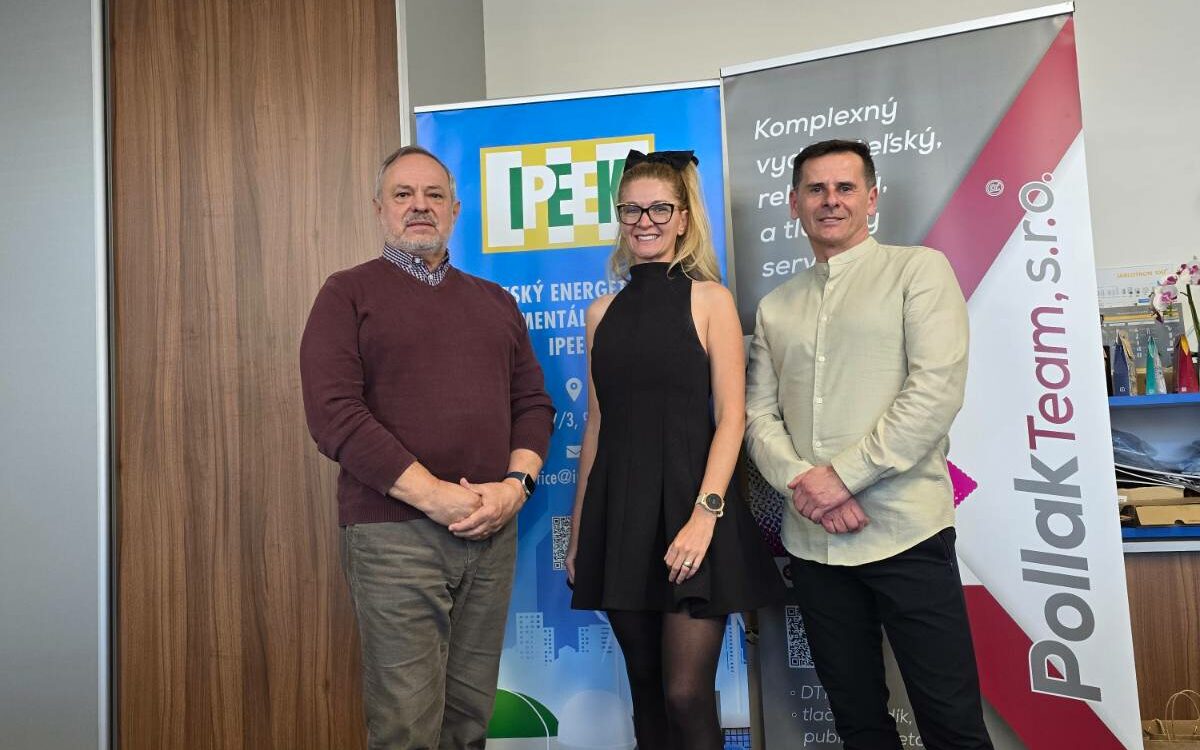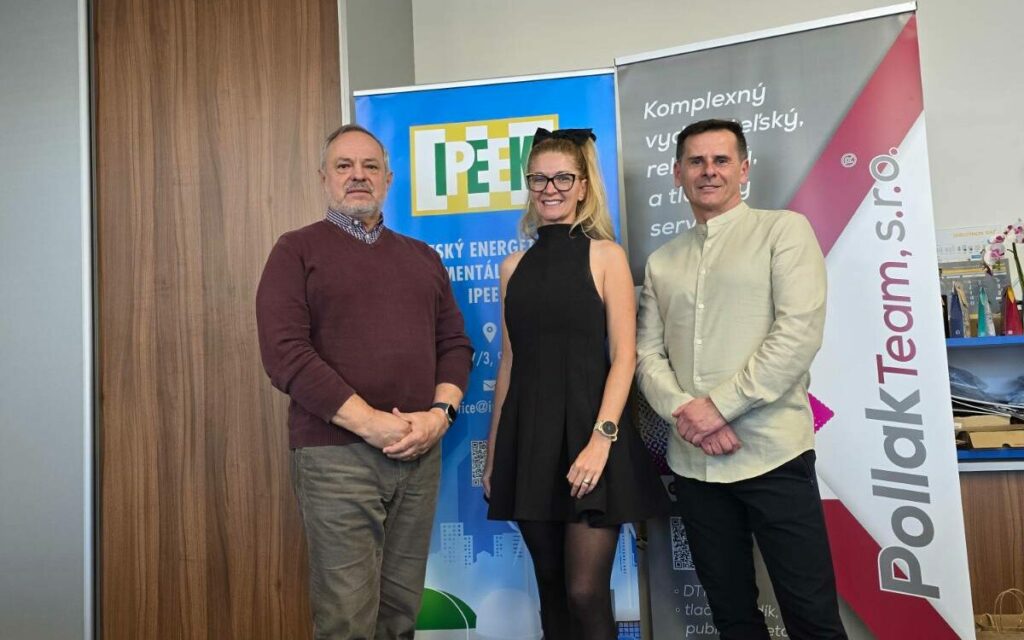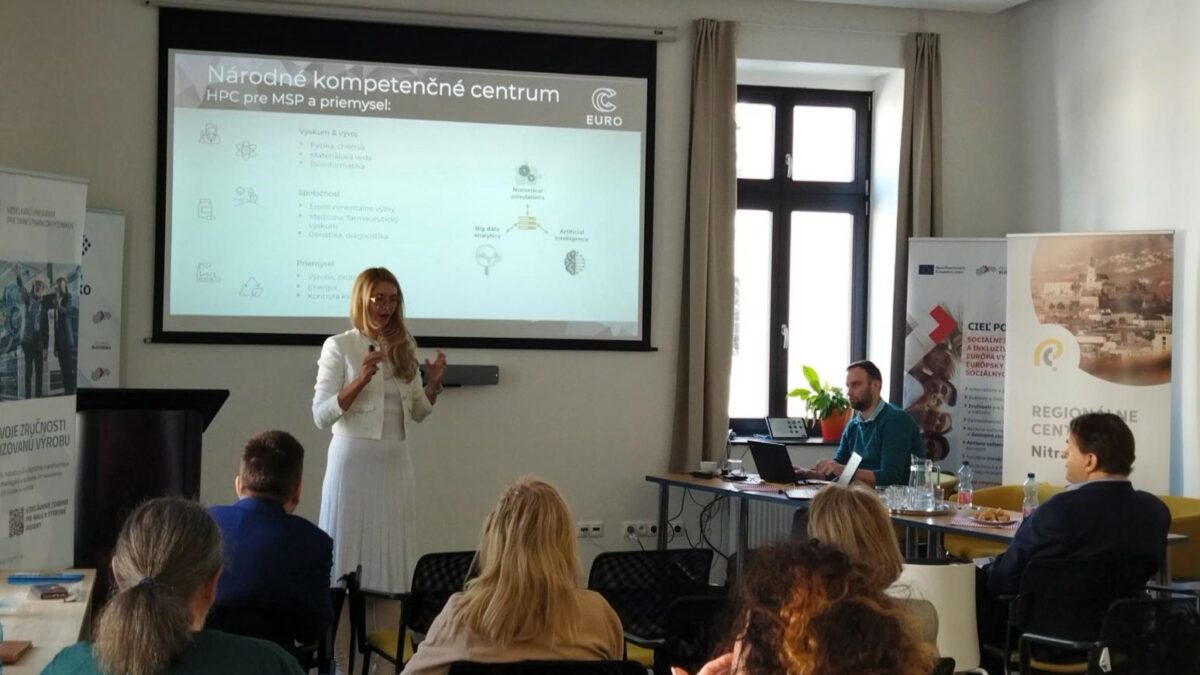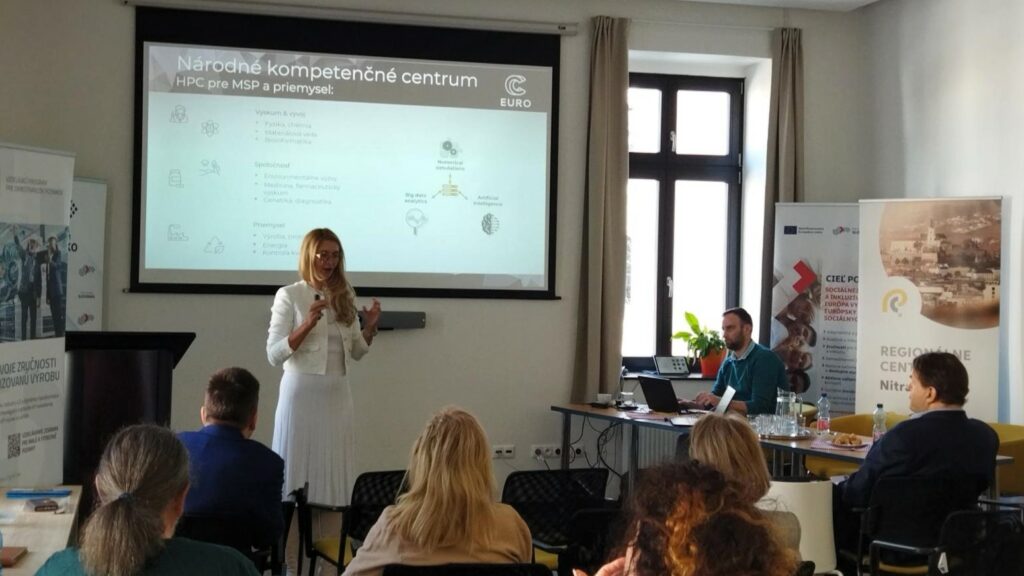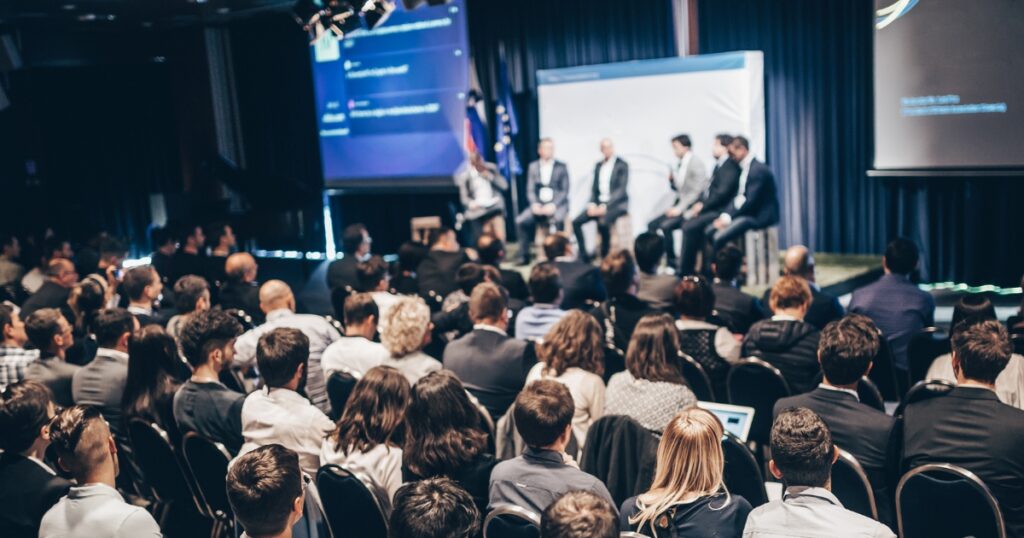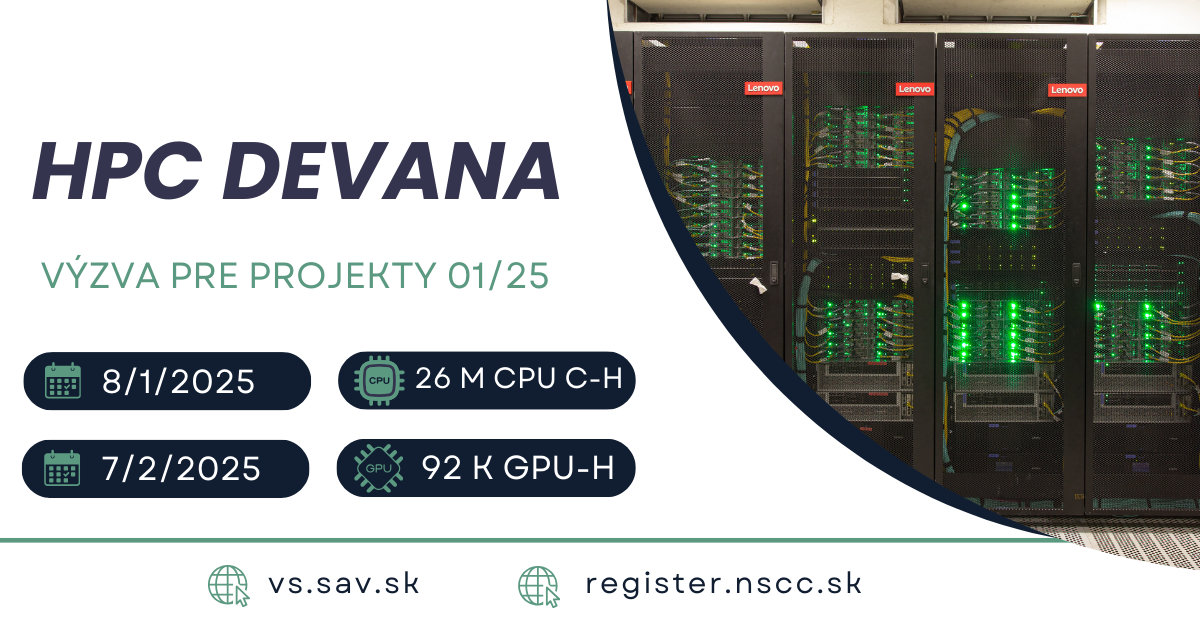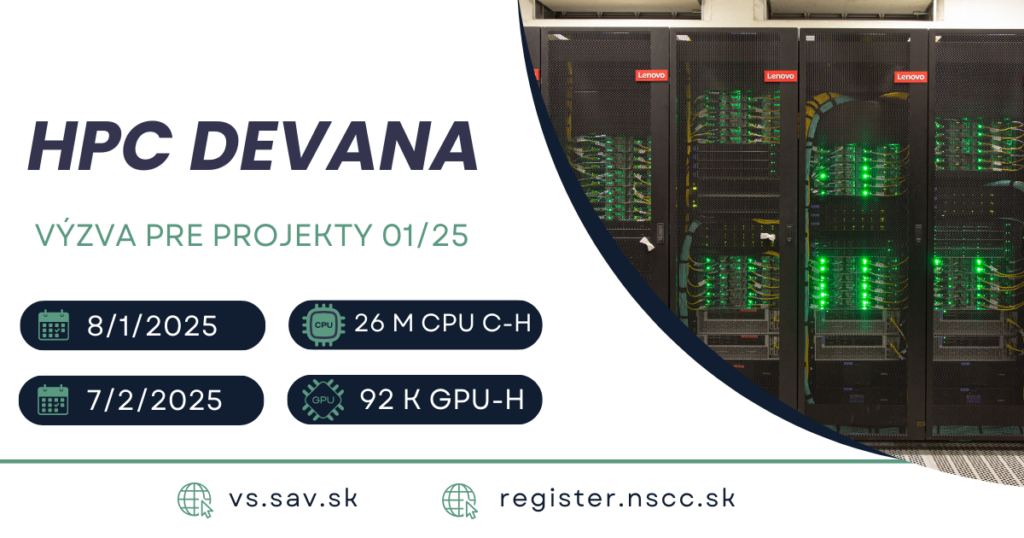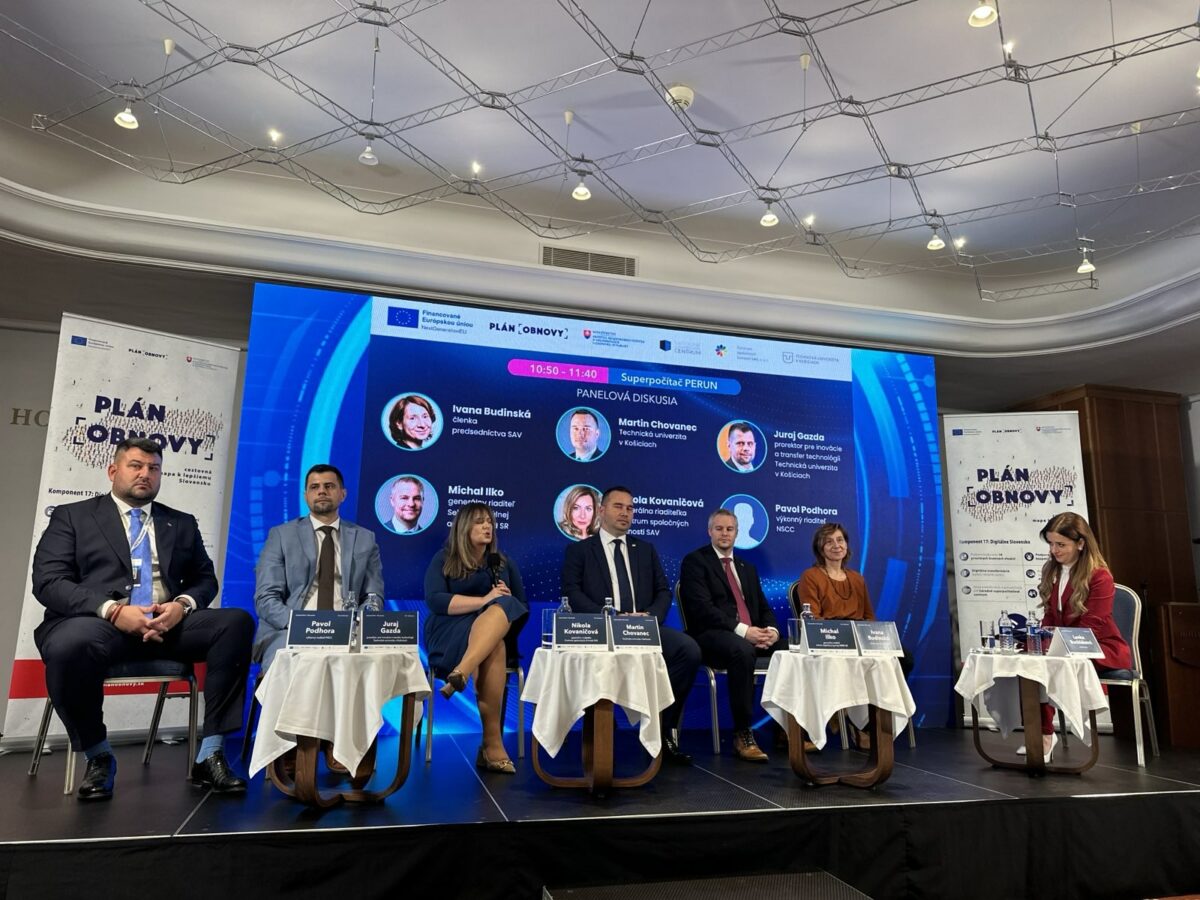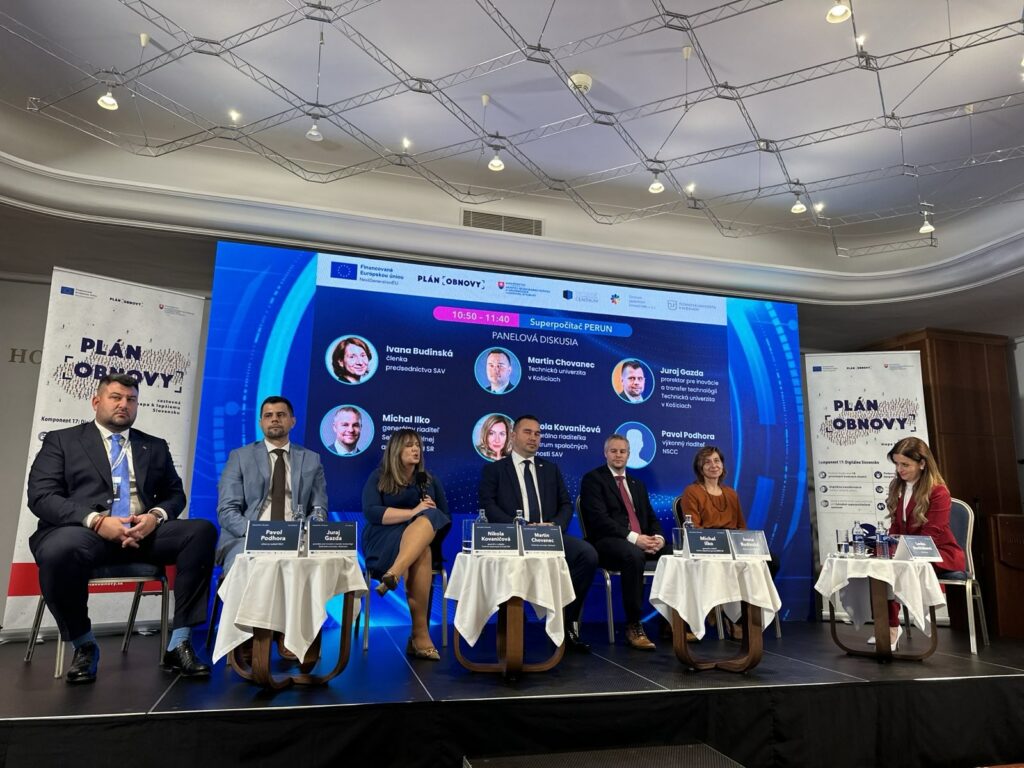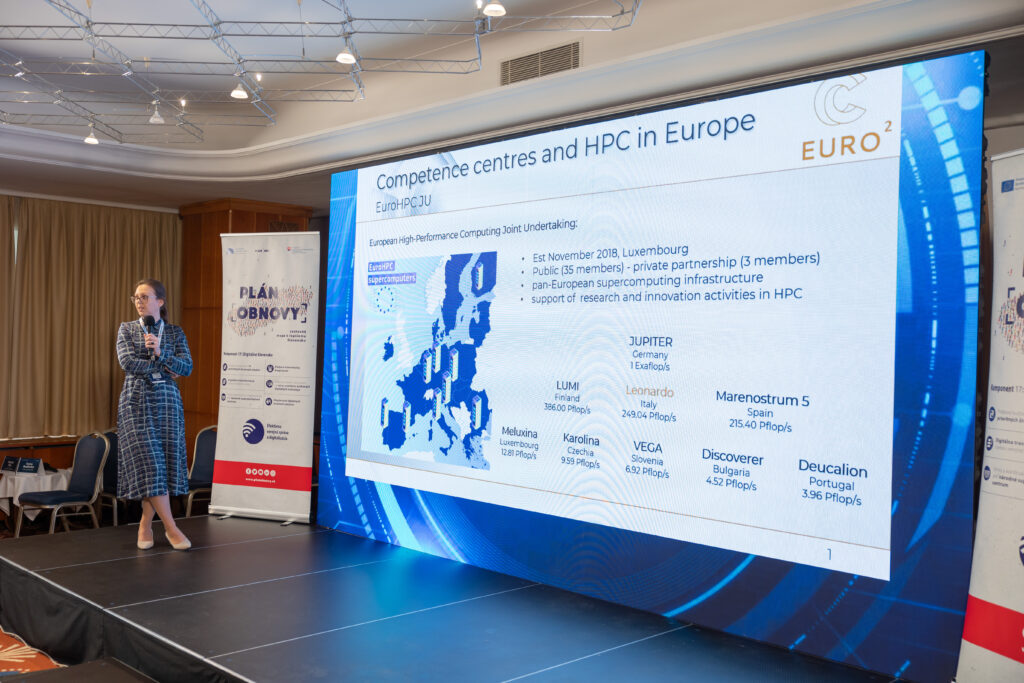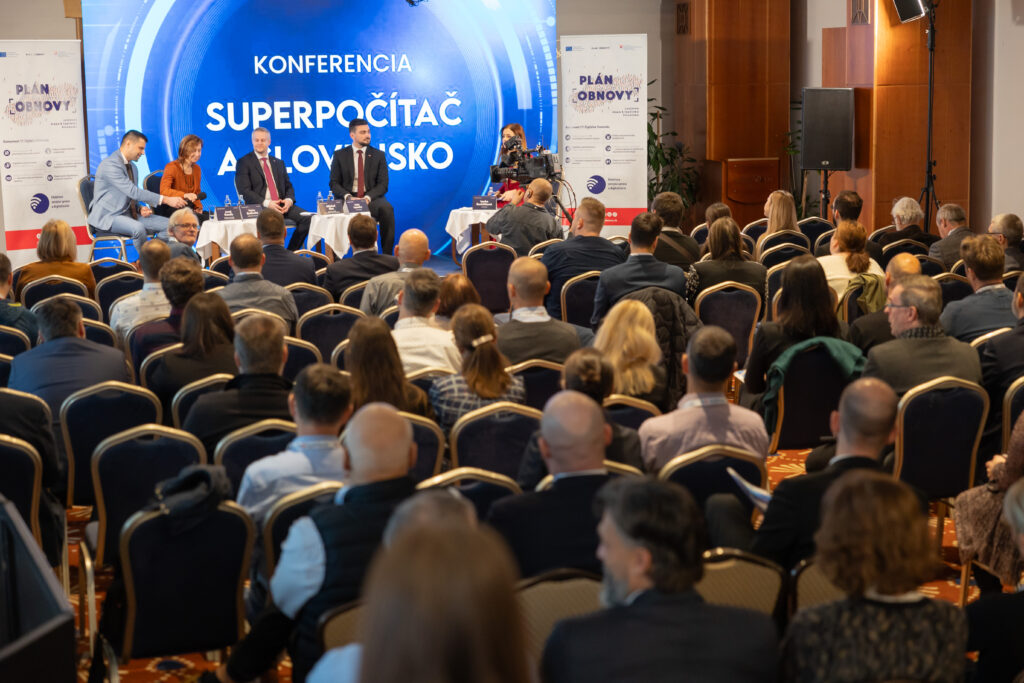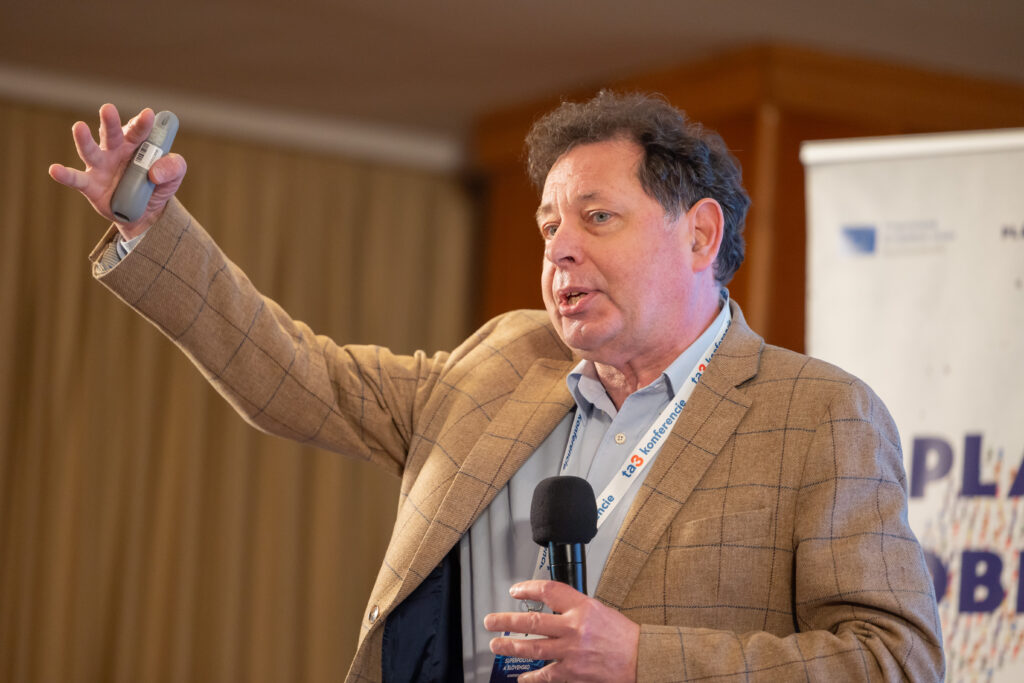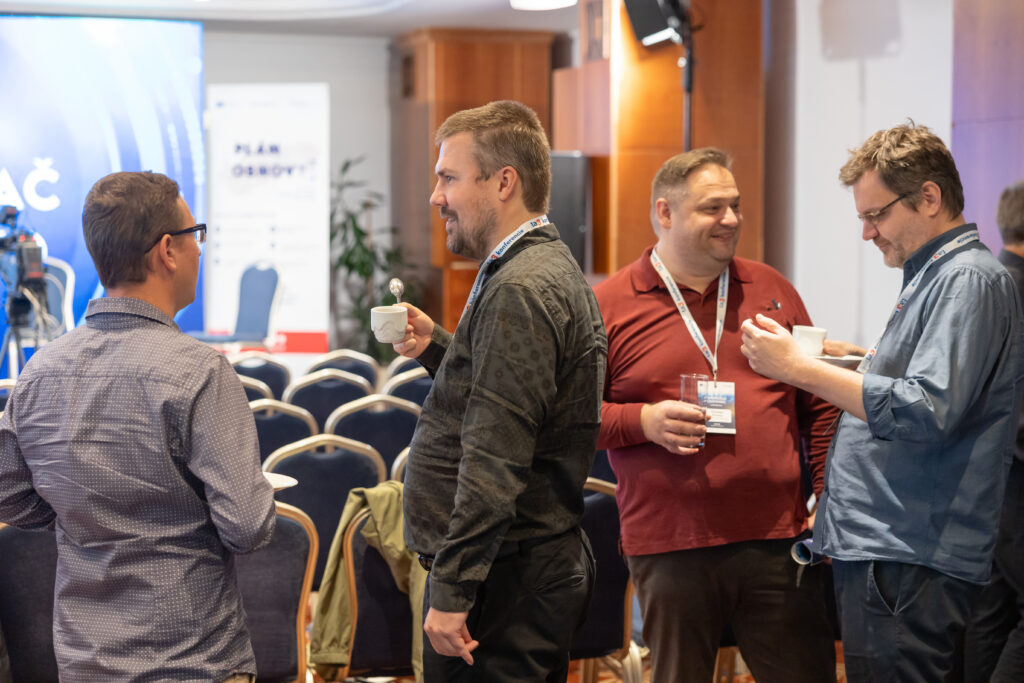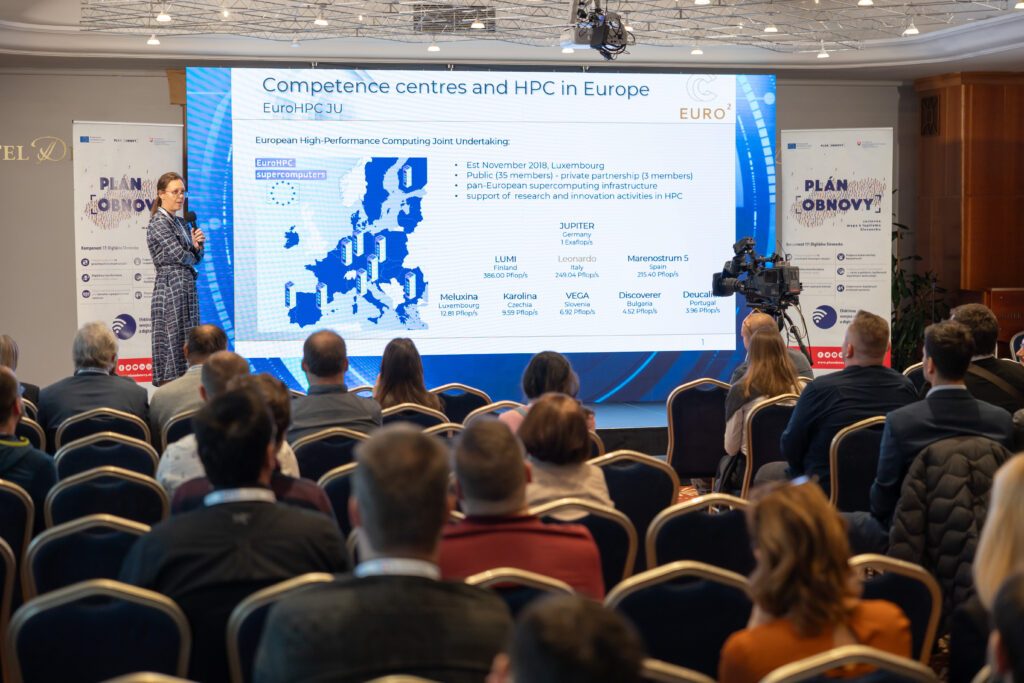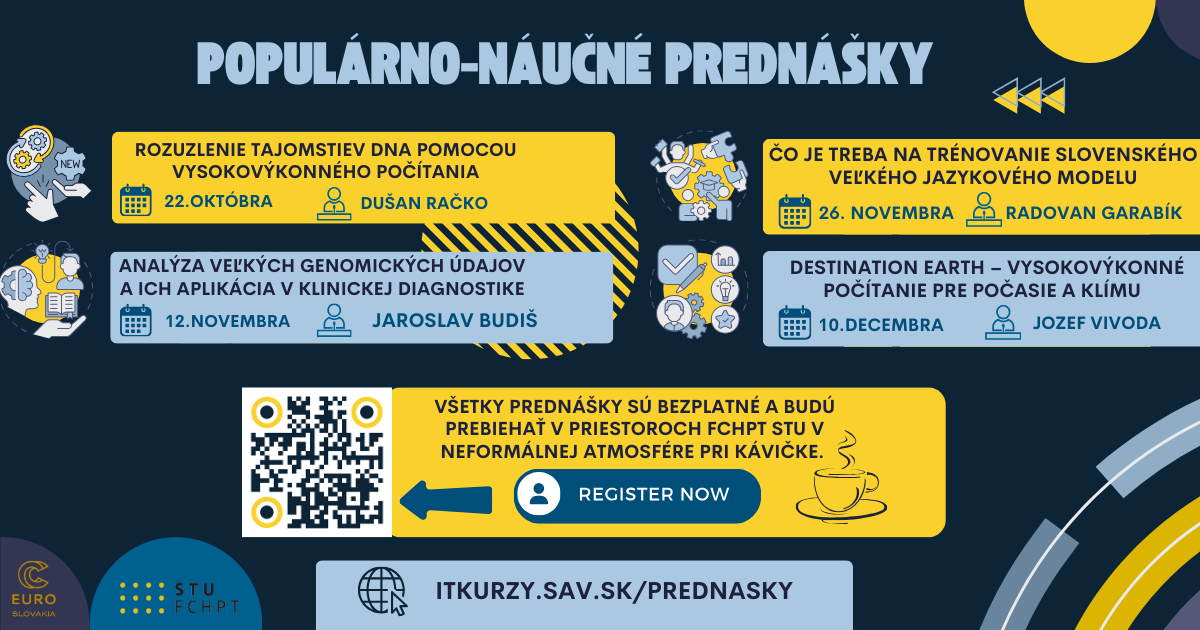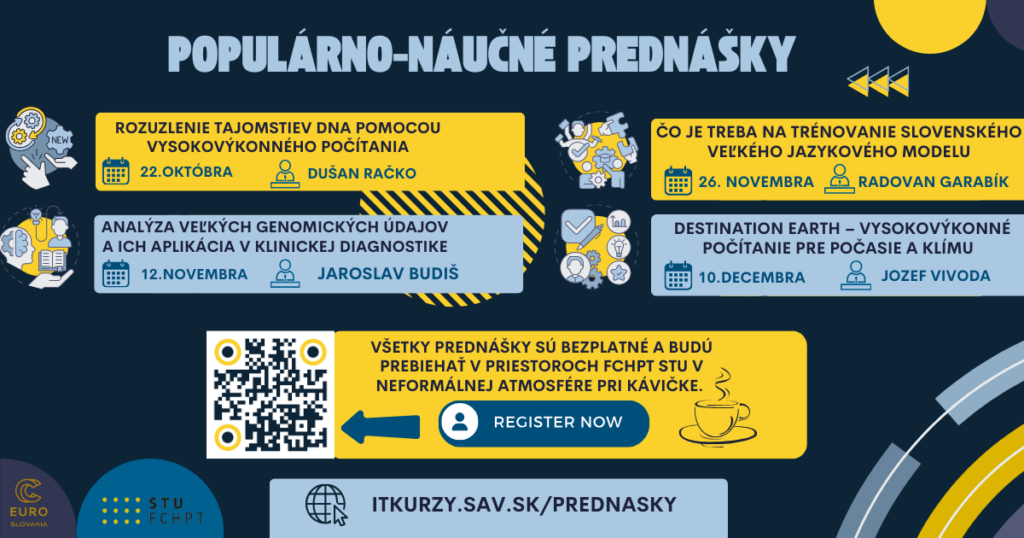When Energy Meets Supercomputing: Collaboration with IPEEK
On March 20, we met in Nitra with representatives of the Ipeľ Energy and Environmental Cluster (IPEEK). Cieľom stretnutia bolo identifikovať možnosti spolupráce pri využití vysokovýkonnej výpočtovej infraštruktúry (HPC) na podporu projektov v oblasti energetiky, obnoviteľných zdrojov a environmentálnych inovácií. Rozprávali sme sa o viacerých možnostiach spolupráce, ktoré by mohli spojiť odborné kapacity klastra s výpočtovými technológiami a infraštruktúrou, ktorú ponúkame.
Venovali sme sa najmä témam spojeným s energetikou, obnoviteľnými zdrojmi a životným prostredím – a tomu, ako môže spracovanie veľkého množstva dát pomôcť pri efektívnejšom plánovaní, rozhodovaní či vývoji inovatívnych riešení.
We also discussed how joint projects could contribute to education and support the younger generation of professionals. Working with real data, simulations, and modern technologies offers students and young experts a valuable opportunity to expand their knowledge and gain hands-on experience that can help them thrive in the rapidly changing world of energy and environmental science.
Both sides expressed interest in identifying specific areas where our collaboration could grow — whether in research, development, or educational activities. The discussions reflected a strong interest in innovation and openness to technology, creating a solid foundation for a meaningful partnership. We agreed to continue our cooperation and to facilitate access to the Devana supercomputer.
This collaboration is very important to us — it represents a significant step toward innovation in the field of sustainable energy and opens up new opportunities for regional development as well as for supporting a talented younger generation.

